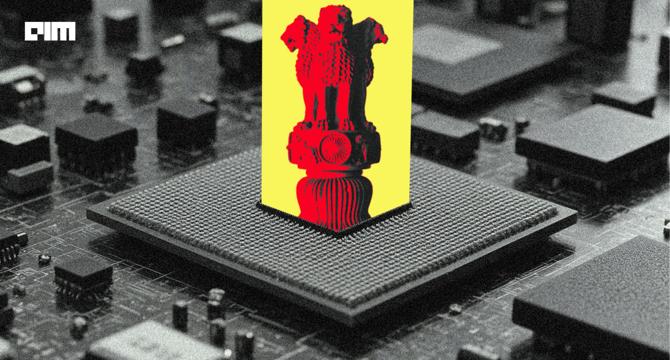Analyticsindiamag
1M
328

Image Credit: Analyticsindiamag
India Ready to Steal the Chip Spotlight Amid Trump’s 25% Tariff Roll Out
- The United States recently imposed a 25% tariff on semiconductors, causing upheaval in the global tech industry.
- India, as a rising player in semiconductors, could benefit from this decision, being relatively shielded due to its import duty policies.
- The tariffs imposed by the US affect semiconductor imports and are likely to increase costs for US consumers.
- India's focus on domestic semiconductor consumption and manufacturing facilities positions it favorably amidst the tariff scenario.
- The US actions also impact global semiconductor trade relationships, potentially straining ties with key allies like Taiwan and South Korea.
- The move towards regionalisation in semiconductor supply chains may benefit countries like India, making them attractive locations for investments.
- India is actively working on improving its appeal for semiconductor manufacturing investments, although entry barriers and scaling challenges persist.
- The US tariff could violate the Information Technology Agreement and face resistance from major semiconductor companies relying on Asian facilities.
- While the tariff aligns with US national security objectives, it presents risks such as supply chain disruptions and increased consumer costs.
- The long-term implications could lead to a shift from globalisation to regionalised production hubs in the semiconductor industry.
Read Full Article
19 Likes
For uninterrupted reading, download the app